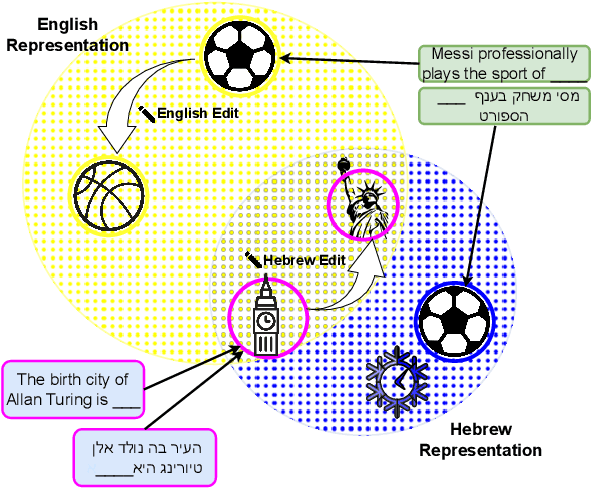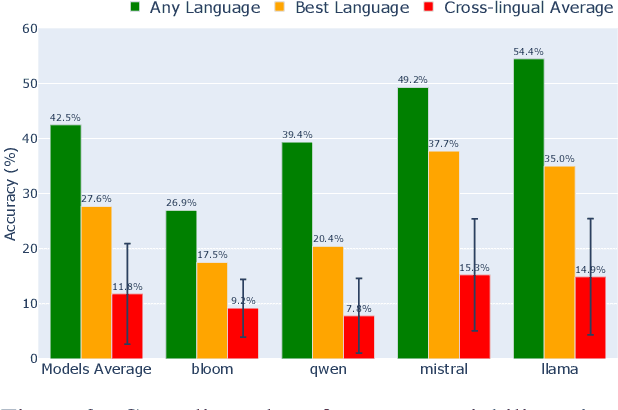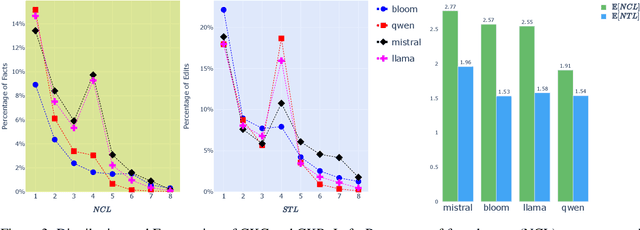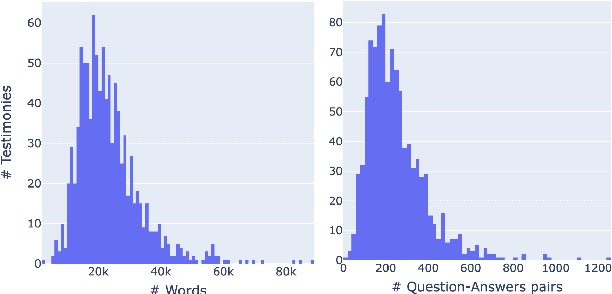Maxim Ifergan
Beneath the Surface of Consistency: Exploring Cross-lingual Knowledge Representation Sharing in LLMs
Aug 20, 2024



Abstract:The veracity of a factoid is largely independent of the language it is written in. However, language models are inconsistent in their ability to answer the same factual question across languages. This raises questions about how LLMs represent a given fact across languages. We explore multilingual factual knowledge through two aspects: the model's ability to answer a query consistently across languages, and the ability to ''store'' answers in a shared representation for several languages. We propose a methodology to measure the extent of representation sharing across languages by repurposing knowledge editing methods. We examine LLMs with various multilingual configurations using a new multilingual dataset. We reveal that high consistency does not necessarily imply shared representation, particularly for languages with different scripts. Moreover, we find that script similarity is a dominant factor in representation sharing. Finally, we observe that if LLMs could fully share knowledge across languages, their accuracy in their best-performing language could benefit an increase of up to 150\% on average. These findings highlight the need for improved multilingual knowledge representation in LLMs and suggest a path for the development of more robust and consistent multilingual LLMs.
Identifying Narrative Patterns and Outliers in Holocaust Testimonies Using Topic Modeling
May 04, 2024



Abstract:The vast collection of Holocaust survivor testimonies presents invaluable historical insights but poses challenges for manual analysis. This paper leverages advanced Natural Language Processing (NLP) techniques to explore the USC Shoah Foundation Holocaust testimony corpus. By treating testimonies as structured question-and-answer sections, we apply topic modeling to identify key themes. We experiment with BERTopic, which leverages recent advances in language modeling technology. We align testimony sections into fixed parts, revealing the evolution of topics across the corpus of testimonies. This highlights both a common narrative schema and divergences between subgroups based on age and gender. We introduce a novel method to identify testimonies within groups that exhibit atypical topic distributions resembling those of other groups. This study offers unique insights into the complex narratives of Holocaust survivors, demonstrating the power of NLP to illuminate historical discourse and identify potential deviations in survivor experiences.
 Add to Chrome
Add to Chrome Add to Firefox
Add to Firefox Add to Edge
Add to Edge